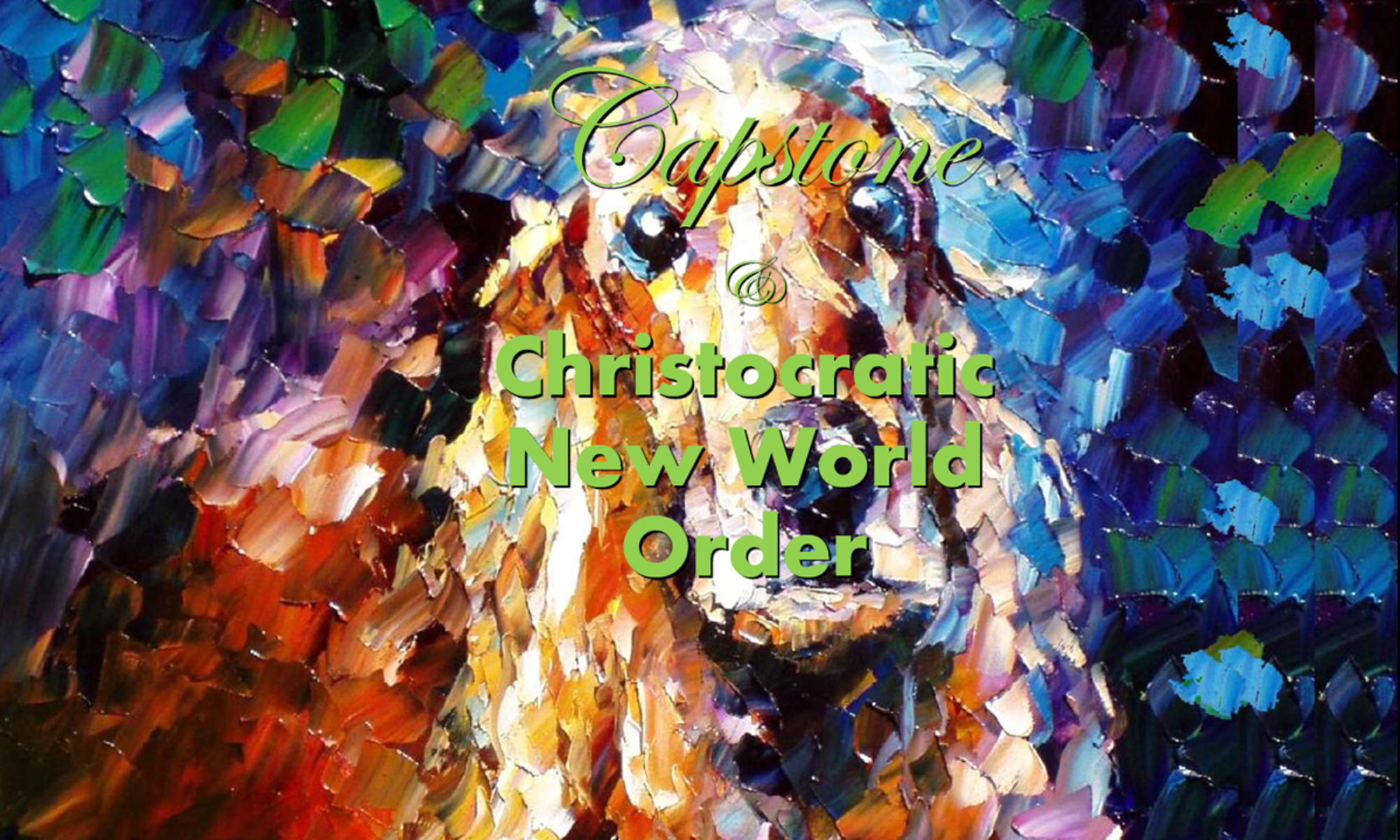Pope Benedict XVI’s encyclical Deus Caritas Est (“God is Love”) of 2006 teaches that justice is the defining concern of the state and the central concern of politics, and not of the church, which has charity as its central social concern. The laity has the specific responsibility of pursuing social justice in civil society. The church’s active role in social justice should be to inform the debate, using reason and natural law, and also by providing moral and spiritual formation for those involved in politics. (Source: Social Justice, Wikipedia)
Rick Warren of Saddleback Church in California quotes Martin Luther King Jr. as saying: “The church must be reminded that it is not the master or the servant of the state, but rather the conscience of the state.”
I respectfully disagree with them. First off, because Justice (which is attributed to the state) and Charity (which is attributed to the Church) are poles apart. Therefore, in order that there be no compromise on either (justice or love), both should operate in a single system—the ChurchState. In other words, in a single Court officiated by a single Judge, where there will always be a strong tension between both the Defender (charitable) and the Prosecutor (condemning). A church that settles for polemics remains a babe.
This very Court, in the absence of a neutral Judge (being that he is nominated and impeached at will by the state today), is in the hands of Media private enterprise, which can sway any side with money power. We should not give ourselves into such a resignation.

